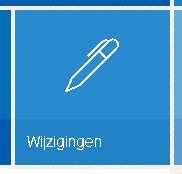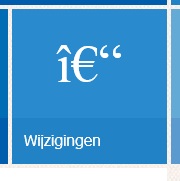We have an issue with a custom icon font that we are using in our website, when accessing it through the SiteEdit proxy. This happens in all browsers, the icon just isn't displayed

vs

I've added all the fonts in the MIME types section in IIS and I can also download all the different version of the fonts (EOT, WOFF, SVG and TTF) correctly through the proxy if I point it to the locations of those files.
Net tab in firebug shows no errors, nor does the console panel. All seems well, SiteEdit works as well.
We are using SiteEdit 2009 SP2.
Here's part of the CSS that loads the font:
@font-face {
font-family: 'OHRAicons';
src: url('../img/ohraicons.eot?version');
src: url('../img/ohraicons.eot?version#iefix') format('embedded-opentype'),
url('../img/ohraicons.woff?version') format('woff'),
url('../img/ohraicons.ttf?version') format('truetype'),
url('../img/ohraicons.svg?version') format('svg');
font-weight: 400;
font-style: normal;
}
@media screen and (-webkit-min-device-pixel-ratio:0) {
@font-face {
font-family: 'OHRAicons';
src: url('../img/ohraicons.svg?version') format('svg');
}
}
.ohraicon {
font-family: 'OHRAicons';
font-style: normal;
font-weight: normal;
...
Any suggestions?